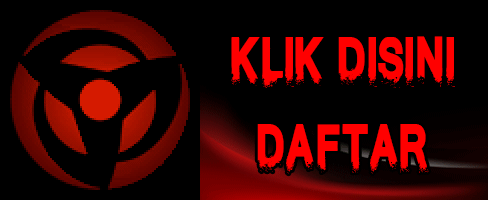IDBET: Exploring SLOT GACOR Official 2024 and Tips to Boost Winning Chances
IDBET: Exploring SLOT GACOR Official 2024 and Tips to Boost Winning Chances
Couldn't load pickup availability
IDBET: Exploring SLOT GACOR Official 2024 and Tips to Boost Winning Chances
IDBET is one of the renowned online gambling platforms known for its quality slot games. One of the most sought-after variants is the IDBET SLOT GACOR Official 2024. This article will delve deeper into this game and provide tips and tricks to improve your chances of winning. So, for those aged between 18-45 looking to learn more about slot games on IDBET, read on.
IDBET SLOT GACOR: Advantages and Characteristics
IDBET SLOT GACOR Official 2024 offers various advantages and characteristics that set it apart from other slot games. One of its main strengths is a high RTP (Return to Player) rate, providing players with better winning opportunities. Moreover, the game features captivating graphics, sounds, and lucrative bonus features.
Tips and Tricks to GACOR in IDBET
To enhance your chances of winning in IDBET SLOT GACOR, there are several tips and tricks you can try. Firstly, understand the game rules and mechanics thoroughly. Secondly, utilize the demo or free version before placing real-money bets. Thirdly, set betting limits and maintain discipline in managing your finances.
Best Bets in IDBET
Finding the best bets in IDBET SLOT GACOR Official 2024 requires strategy and skill. Choose bets that align with your budget and always pay attention to the RTP rate of each game. By selecting the right bets, you can boost your winning chances and optimize your gaming experience.
RTP SLOT GACOR: Know and Utilize It
One crucial factor to consider when playing in IDBET SLOT GACOR is the RTP (Return to Player) rate. RTP is the percentage of winnings returned to players in the long run. The higher the RTP, the better your chances of winning. Therefore, always check the RTP before starting a game and opt for games with the highest RTP to increase your odds.
Ideas to Play Slots for Winning
Winning at slot games is not just about luck but also strategy and skill. One idea to try is managing your betting strategy. Start with smaller bets and gradually increase as you gain confidence. Also, take advantage of the bonus features and promotions offered by IDBET to boost your winning chances.
Conclusion
IDBET SLOT GACOR Official 2024 offers an exciting and rewarding online slot gaming experience. With its various advantages, characteristics, and the tips and tricks discussed above, you can enhance your winning chances and maximize your gaming experience. So, don't wait any longer! Register now at IDBET and experience the GACOR slot gaming sensation like never before.
Share





